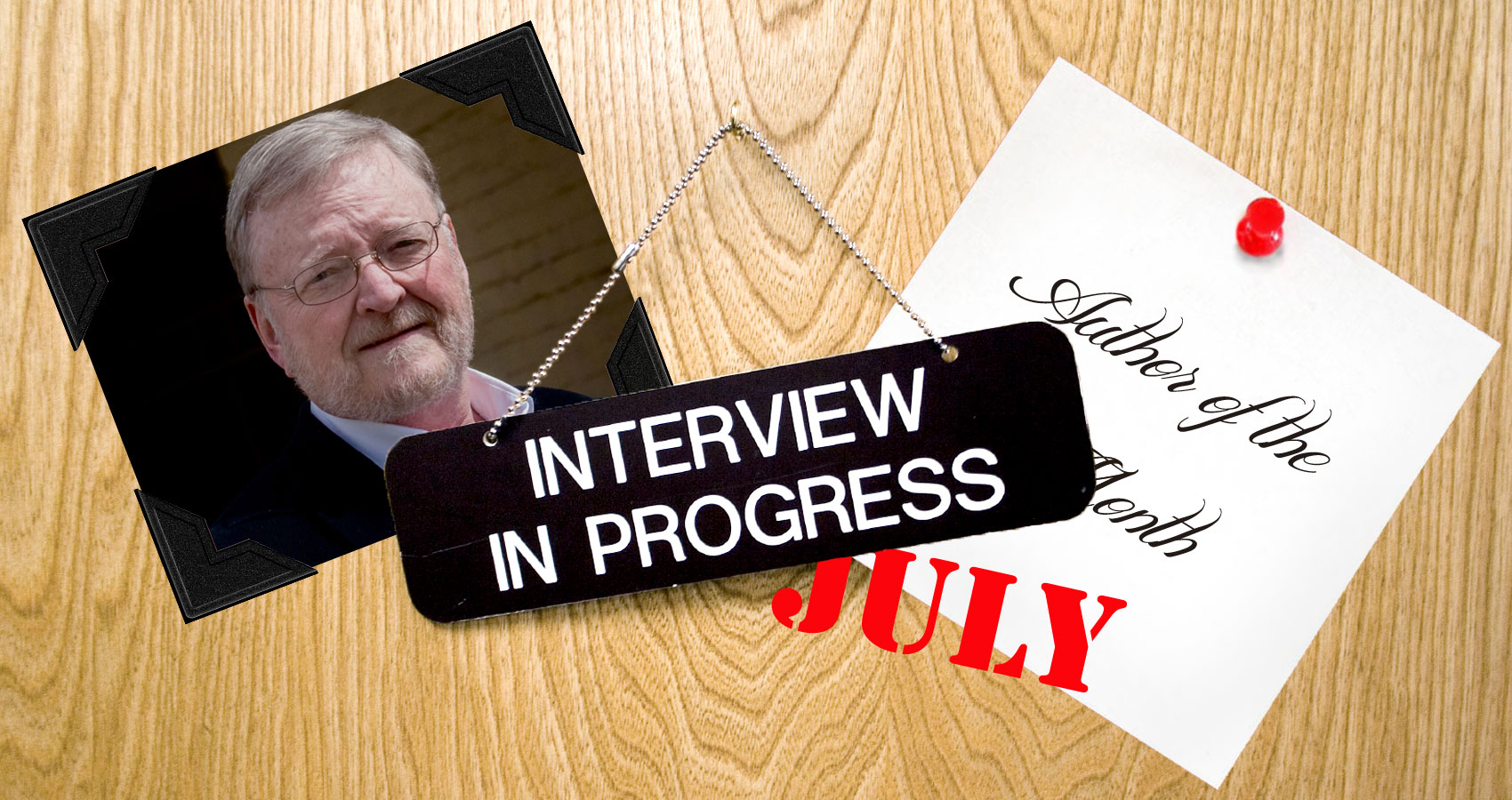Interview Q&A II with Doug Stanfield
Hemmingplay
@hemmingplay
We offer another exclusive Q&A Interview with Doug Stanfield (Hemmingplay), a writer whose multiple literary works have been featured on our Spillwords pages as well as being Author of the Month of July 2019, and previously of October 2016.
- You have participated in our ‘Spotlight on Writers’ series, you have an ongoing series ‘Saying Goodbye‘ on Spillwords, and now officially have been voted as Author of The Month for the second time in three years. Is there anything else about Doug, the man that you would like to add from our last interview?
The only thing of importance I can think of is that my personal life has been in turmoil for the last 17 months, and that’s affecting me in ways I haven’t fully grasped yet. It has been nearly impossible to write for most of that time. I lost my wife of 50 years last spring, and am still grateful I have my writing to help me process and plumb the meanings of all of that. I’ve sold my house and most of my possessions, bought a travel trailer and am in the middle of a 3,500 mile cross-country odyssey I’ve thought of as my 40 days in the wilderness. Starting over means coming to terms with the past.
- Could you describe the mundane details of writing: How many hours a day do you devote to writing? Do you write a draft on paper or at a keyboard (typewriter or computer)?
My normal work routine has been to commit to no less than four hours in the chair a day, 7 days a week. I confess I haven’t been doing this lately, as I’ve been dealing with some personal issues, but I am a professional, and a professional shows up for work every day, on time, rain or shine. Amateurs don’t. I often wonder if anything productive will happen, but then it usually does. Whether it does or not, I only leave the chair for coffee and certain other imperatives.
- What has had an influence on you or your writing since the last time we connected?
I’ve been doing more reading, and have tried to find a variety of works. I’m reading Harold Bloom’s “The Best Poems of the English Language: From Chaucer through Robert Frost” (2004), because I believe it’s important to absorb the lessons of the best, but also to be literate in the history of English literature, since I write in English. I’m also reading a “cli-fi” (climate fiction) work “Austral”, by Paul McAuley, because climate change is probably the single most important topic facing humanity, and I am considering writing a novel of my own in this genre.
- If you could have been the original author of any book, what would it have been and why?
“To Kill A Mockingbird”, because it had such a tremendous impact on the way we saw ourselves emerging from Jim Crow into the Civil Rights movement.
- What, according to you, is the hardest thing about writing?
Starting. Resistance to actually starting is really the only hard thing. If I can start, I can work out most problems with the words, with character, with plot. If I don’t start, nothing gets resolved. Resistance (or procrastination, or anxiety, or writer’s block, whatever name you prefer) is the enemy.
- What would you say is the easiest aspect of writing?
If I show up every day, if I do my job, my Muse shows up, too, and nice things happen. When everything is flowing from this committed relationship, it’s almost as if I’m not doing the work, that it is coming from somewhere else and I’m just the stenographer. That feels great, as odd as it may seem. The pressure’s off, in a way.
- Over the years, what would you say has improved significantly in your writing?
I’ve learned to write tight, to eliminate unnecessary words.
- Any advice you would like to give to your younger self?
I don’t think of it this way, since everything that has happened to me has been necessary to bring me to the person I am now. I suppose if I could give any advice (and my younger self wouldn’t listen, by the way), it would be to be less cautious at times, and to take more chances.
- Any advice you would like to give to aspiring writers?
Read the best. Read, read, read. Study at the feet of masters, and have humility. Oh, and as one writer told me, get rid of the ego sooner. Remember, no one wants to read your shit, he said. So our job, as writers, is to be so damned good that the readers won’t be able to help themselves. If you aren’t good enough to demand attention like that, keep working. Trust your audience. And read, read, read.
- Out of your literary works we’ve published, which is your favorite? And why?
My first book of poetry, “I Came From A Place of Fireflies“, from which you’ve graciously published a few pieces. Not because it was great, but because I finally finished it and saw it published. I didn’t even care if it sold well, because just doing it was enough. If, however, you would like to buy a copy…. 😉
- Is there anything you are currently working on that may intrigue the interest of your readers?
Nothing I can talk about yet.
- Anything you would like to communicate with the Spillwords Press Community?
I’m proud to be in your company, and keep doing good work.
- Epilogue - May 2, 2020
- A Morning - April 10, 2020
- Giving Back, Reluctantly - March 20, 2020



